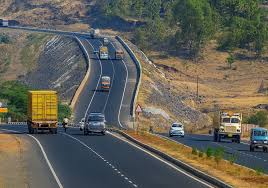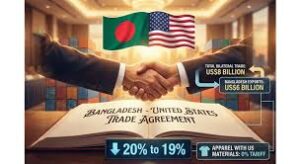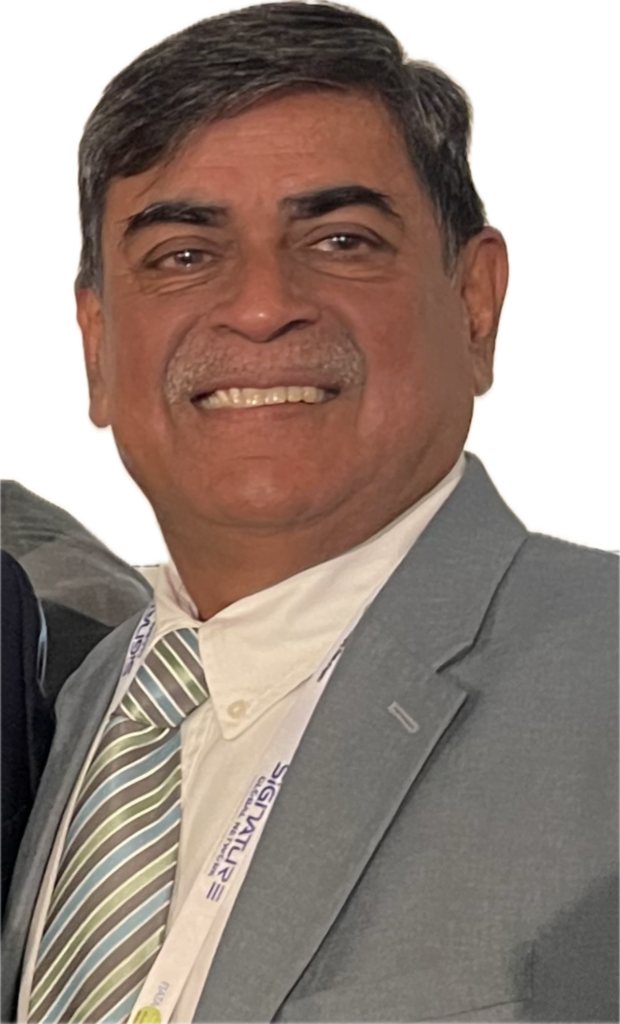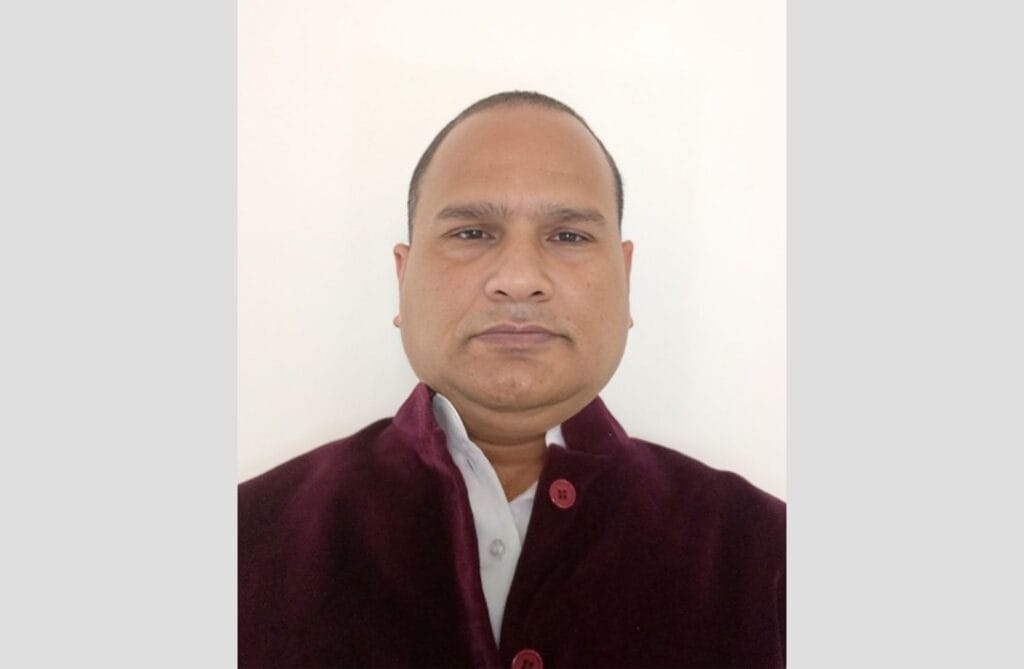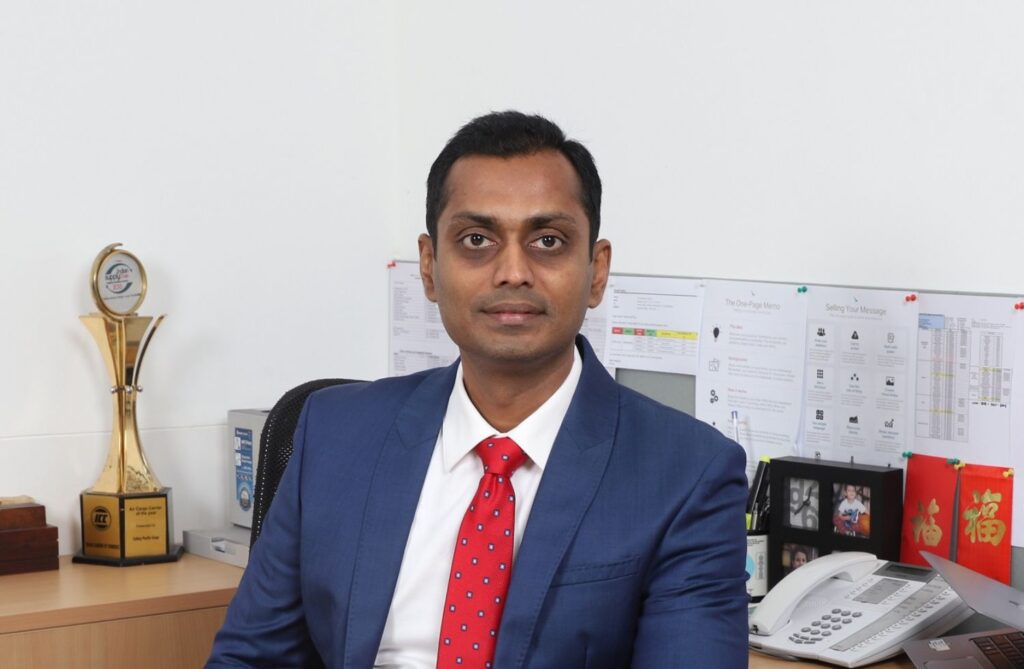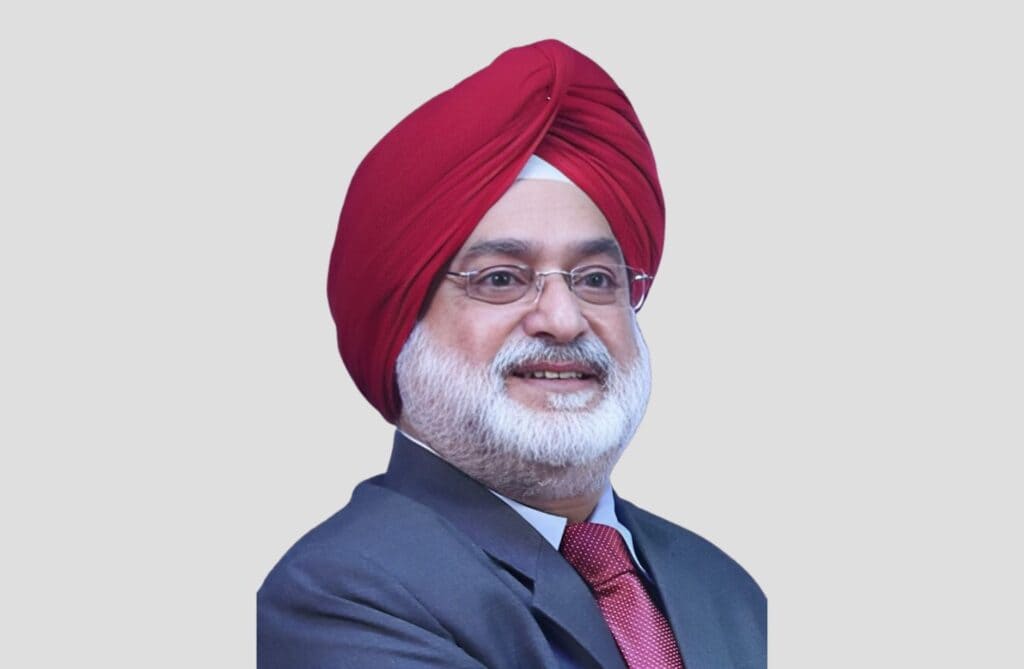Rama Krishna S, Managing Director Balaji Mariline is a Customs Broker of 1989 batch with working experience of 12 years in large industries in Exim and Logistics prior to 1989. He has been the former Chairman of the Freight Forwarders Association in India, and the President of Noida Customs Brokers Association & Delhi Customs Brokers Association. He is also TOT in the Skill council of India. The analysis is personal.
There is no straight answer for smartness, certainly the contemporary Brokers had more acumen to read the policies & procedures which were more complicated, the Forex regulations were tough and the returns were far too many. This leads to a direction that the contemporary brokers were meticulous in data entry though manual, analytical and were accurate in logics.
It is suggested if the young Customs Brokers who have the bent of mind to research the earlier policies of the Government of India for imports and exports and compare with modern facilitation would realize how tough it is to be reading the Policies of Chief Controller of Imports and Exports and interpret rightly. The CCI&E changed to DGFT. The licensing provisions of the restricted licenses to Capital goods for Foreign Collaboration companies with compulsory indigenization of the Components (Phase manufacturing Program) year on year. The customs brokers use to prepare the applications. The EXIM trade used to respect the efforts and time taken in fulfilling the obligations and were paid well.
The Contemporary Customs Brokers used to be relatively conservative in multi-Tasking and were contended with the limited work since the remuneration used to commensurate with the efforts taken. The legacy of family business as well as the Joint family business thrived during that time. Those businesses who continued the family tradition are visible even today in ports cities as well as few non port cities as well.
The modern Customs Brokers are no less who are very analytical, have the ability to take risks, the Multi -Tasking is their forte, more than anything willing to invest even with modern banking facilities.
The modern Customs Brokers have the advantage of higher education, knowledge of Computer and software, take advantage of the Government’s boost to Digitalization, etc. This comes with distinct disadvantage as well, the reading habit is poor, depends on modern search engines for answer
Regulatory compliances are far less in the earlier period. The Modern Customs Brokers have more responsibilities in taxation and tax management which is by far more complicated than earlier. The Digitalization also puts the responsibility of self-assessment on the Customs Broker which means that the government who were regulators have now become facilitators and burden shifted on Customs Broker.
The question is are we today equipped to handle the pressure of the modernity of business and sword hanging all the time due to shifting of burden, the entire business is also looked at with hawks’ eyes by the authorities. At the same time the facilitation measure given by the government is also helpful than the contemporary period. The profiling of the Exim trade including the Customs Brokers have a paradigm shift with digitalization. The facilitation comes with a burden.
Therefore, to conclude the other side of the patch is greener, however if we adopt the contemporary Customs Brokers ethics, principles and morality with use of modern gadgets, there is no other profession better than Customs Broking. The Customs Brokers are the only community who are well informed of all the laws of various agencies, interstate rules, Taxation, Participating Government agencies, etc.
At the end I am a proud customs broker with 45 Years of experience in Exim trade.


